News: Europe
Biden and Berlin: How Germany can help reset transatlantic relations
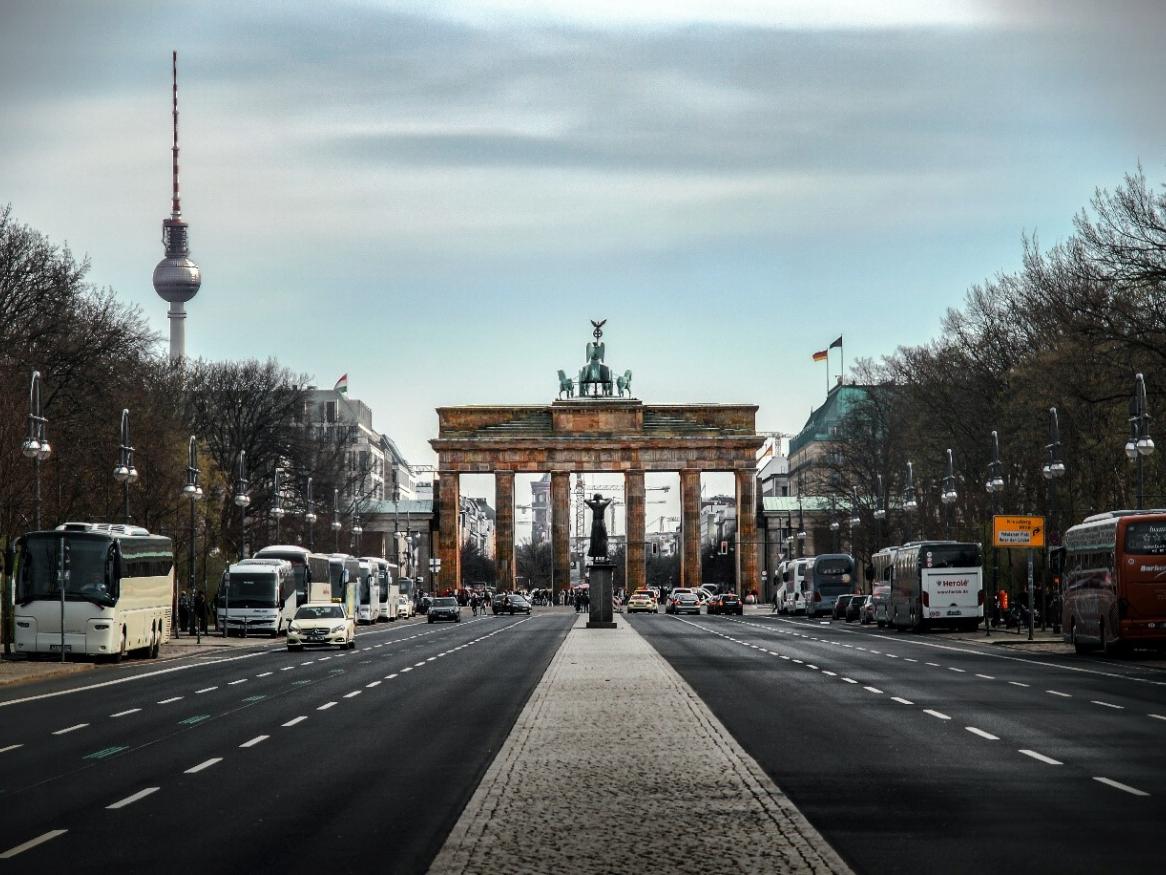
Andreas Freytag, Professor and Chair of Economic Policy, Friedrich Schiller University, Jena and Visiting Professor with IIT.
The election result in the United States (USA) is now certain. Despite the refusal of leading Republicans to recognize the election result and to congratulate the election winner, everything now speaks in favor of the next (and thus 46th) President of the USA being Joseph R. Biden, Jr. This means an experienced Washington insider will again sit in the Oval Office, marking a return to more typical pre-Trumpian forms of policy and diplomacy.
[Read more about Biden and Berlin: How Germany can help reset transatlantic relations]
What is the G20's role in reforming industrial subsidies?
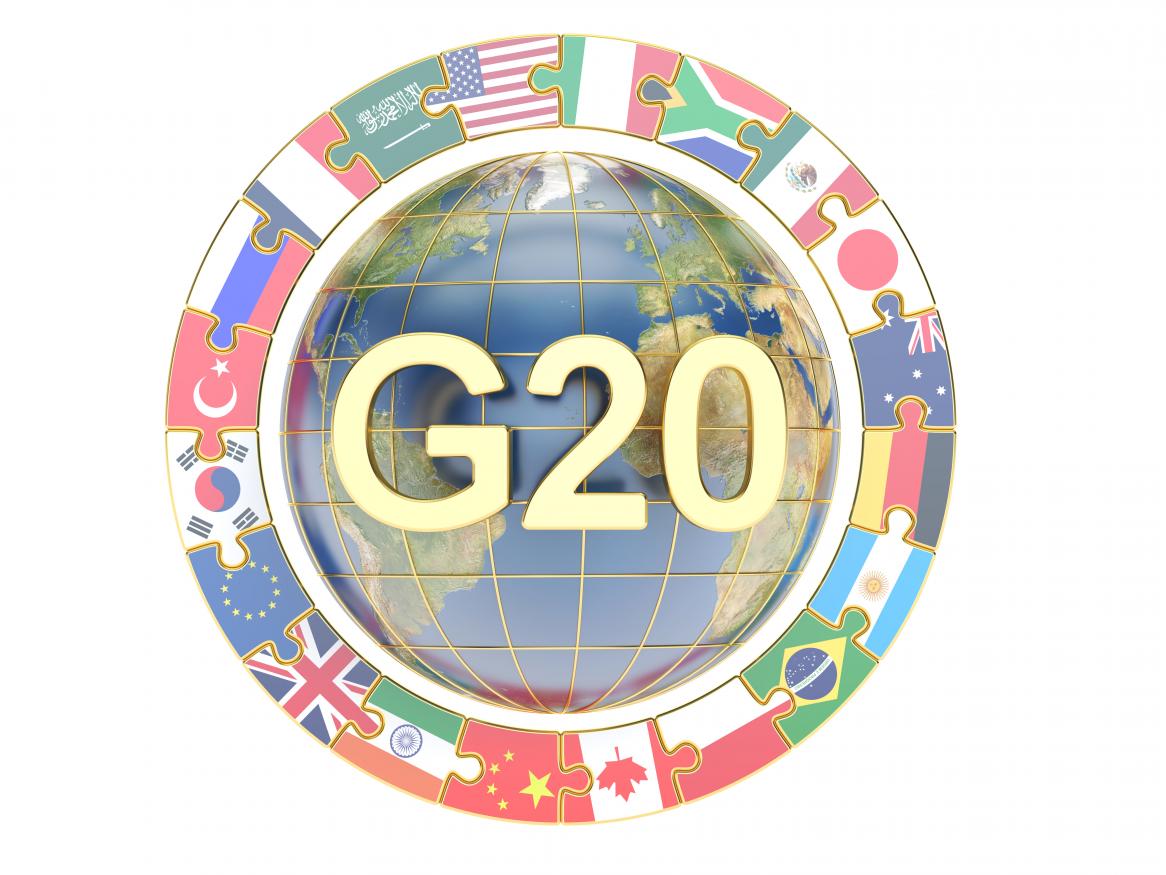
The Institute for International Trade partnered with the Trade and Investment Research Network to deliver an informative webinar with our distinguished panel for a substantive discussion on the G20's role in reforming industrial subsidies. ‘What is the G20's role in reforming industrial subsidies?’ was the central question assessed by a panel of distinguished trade experts during this recent webinar.
[Read more about What is the G20's role in reforming industrial subsidies?]
In Conversation with Europe - EU Diplomats visit Adelaide
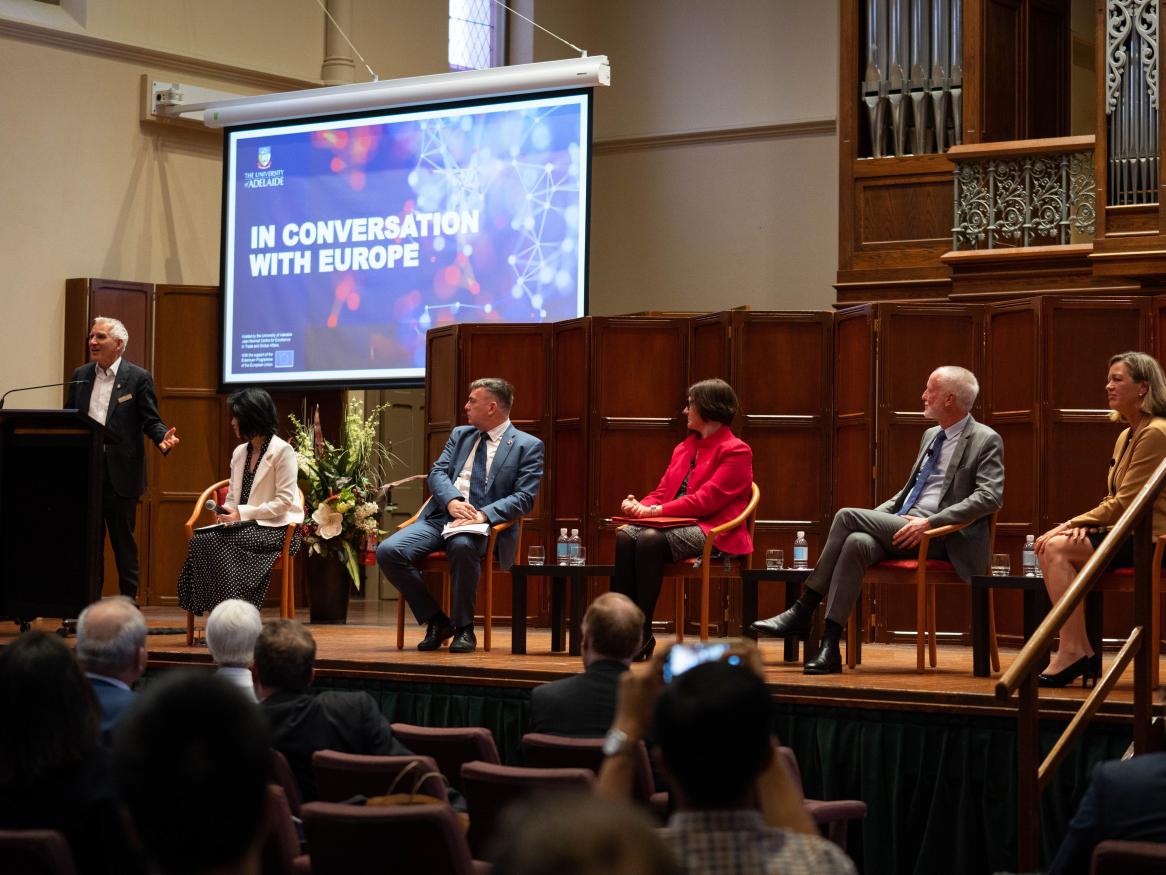
On 21-23 October a group of twenty-two EU ambassadors and heads of mission came to Adelaide. They visited various businesses in the state and met Premier Steven Marshall to discuss how to further expand European connections with South Australia. On the evening of Thursday 22 October, The Centre of Excellence
co-sponsored a public panel discussion in the University of Adelaide’s Elder Hall which was followed by a dinner at the National Wine Centre.
[Read more about In Conversation with Europe - EU Diplomats visit Adelaide ]
United States Trade Policy Under a Biden Presidency: Challenges and Opportunities
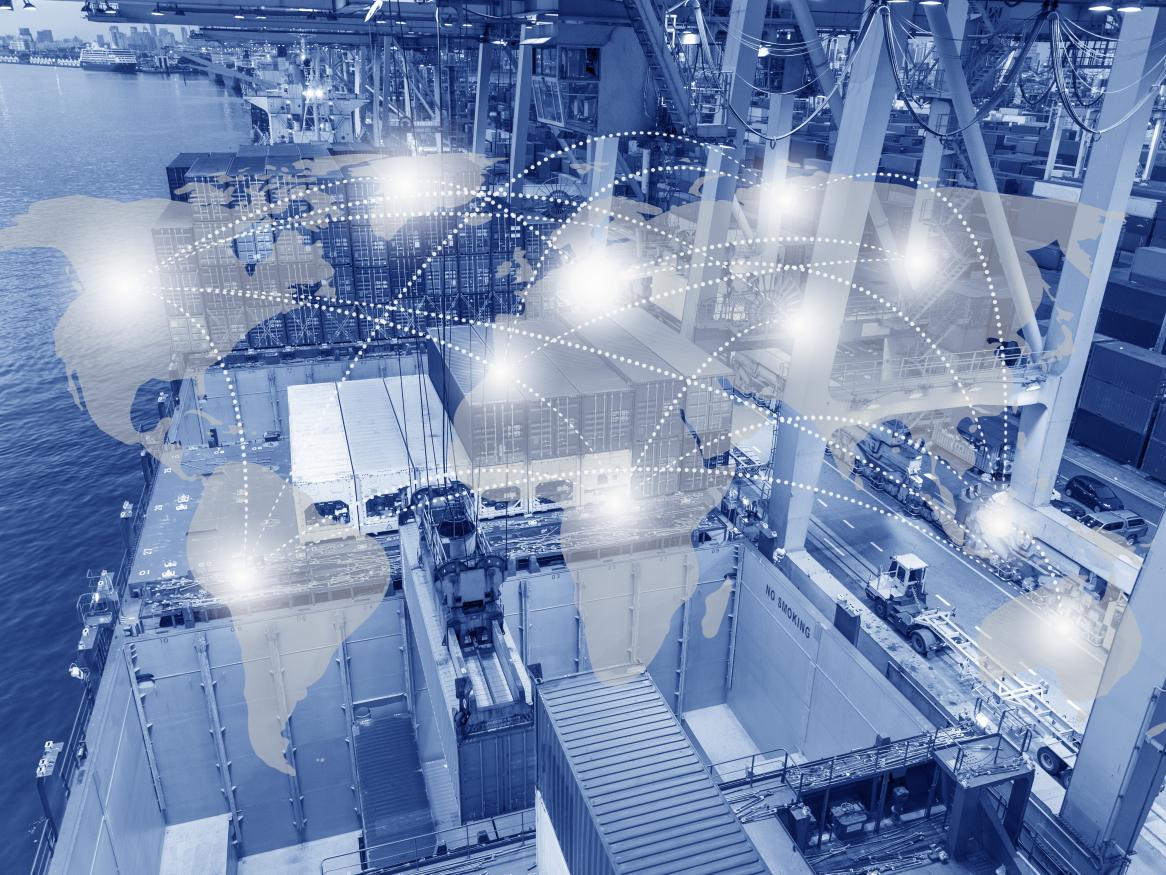
Visiting Fellow Milton Churche. Milton Churche left the Australian Department of Foreign Affairs and Trade in 2018 after working on trade policy since 1987.
The Trump administration has called into question the value of trade agreements, including of the World Trade Organization (WTO), abused the concept of national security to justify openly trade protectionist actions, invoked “trade wars” as legitimate policy tools to advance national objectives, and moved in the direction of managed trade. Would a Biden presidency bring a decisive change in direction on US trade policy?
[Read more about United States Trade Policy Under a Biden Presidency: Challenges and Opportunities ]
Where does the EU’s Eastern Expansion end?
Richard Pomfret, Professor of Economics & Jean Monnet Chair Economics of European Integration, the University of Adelaide.
Until 1989 the eastern border of the EU was set by the Cold War. Since the end of Communism in Eastern Europe in 1989 and the dissolution of the Soviet Union in 1991, sixteen countries have joined the EU and the border has shifted many hundreds of kilometres to the east. Apart from the three Baltic countries, the EU’s eastern frontier is now the border of the Soviet Union established in 1945.
[Read more about Where does the EU’s Eastern Expansion end?]
Australia-UK relations and the CPTPP
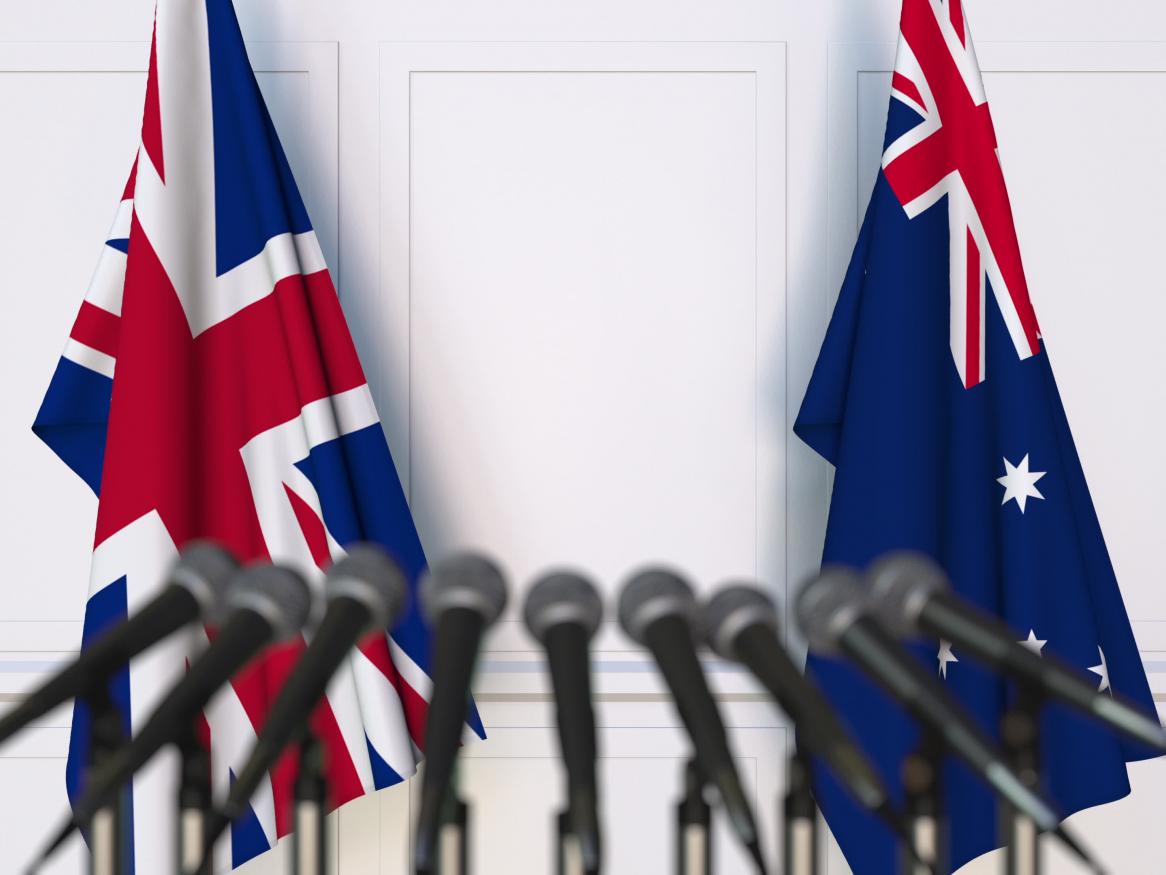
Richard Pomfret, Professor of Economics & Jean Monnet Chair Economics of European Integration, the University of Adelaide.
On 17 September Jean Monnet Chair Richard Pomfret participated in an online discussion on Potential Benefits Of An Australia-Uk Free Trade Agreement with Elisabeth Bowes, Chief Negotiator, Regional Trade Agreements Division, Department of Foreign Affairs and Trade, and Vivien Life, Director Asia and Australasia Negotiations within the UK Department for International Trade. The webinar was chaired by Peter Draper, Executive Director of the Institute for International Trade at The University of Adelaide.
Managing the risks of rising government support: a case for policy transparency

Ken Ash is an Independent Consultant, IIT Visiting Fellow, and former OECD Director of Trade and Agriculture.
Governments generally support the smooth functioning of their domestic economies, through maintaining systems of good governance and the rule of law and ensuring a coherent macroeconomic and structural policy environment. Extraordinary support is sometimes also warranted, as is the case today to mitigate the economic impact of COVID-19. Few would dispute that these are essential roles for governments.
[Read more about Managing the risks of rising government support: a case for policy transparency]
Asia-Europe Sustainable Connectivity (AESCON 2020)
The Asia-Europe Sustainable Connectivity Scientific Conference (AESCON) conference is a major ASEM preparatory event around the theme of connectivity. The conference was organized principally by the European Commission Joint Research Centre and the Economic Research Institute for ASEAN and East Asia, and attracted participants from governments, think tanks, universities and the private sector. Initially scheduled to be held in Singapore on 25-27 February, the conference was postponed and held online on 22-25 September.
[Read more about Asia-Europe Sustainable Connectivity (AESCON 2020)]
Report on Potential Benefits of an Australia-UK Free Trade Agreement

IIT hosted an online discussion on potential benefits of an Australia-UK free trade agreement with Elisabeth Bowes, Chief Negotiator, Regional Trade Agreements Division, Department of Foreign Affairs and Trade (DFAT), and Vivien Life, Director Asia and Australasia Negotiations within the UK Department for International Trade. The two negotiators emphasized the like-mindedness of the UK and Australia when it came to international trade, implying that an agreement could be reached speedily.
[Read more about Report on Potential Benefits of an Australia-UK Free Trade Agreement]
Prospects for Australian free trade with a post-brexit United Kingdom
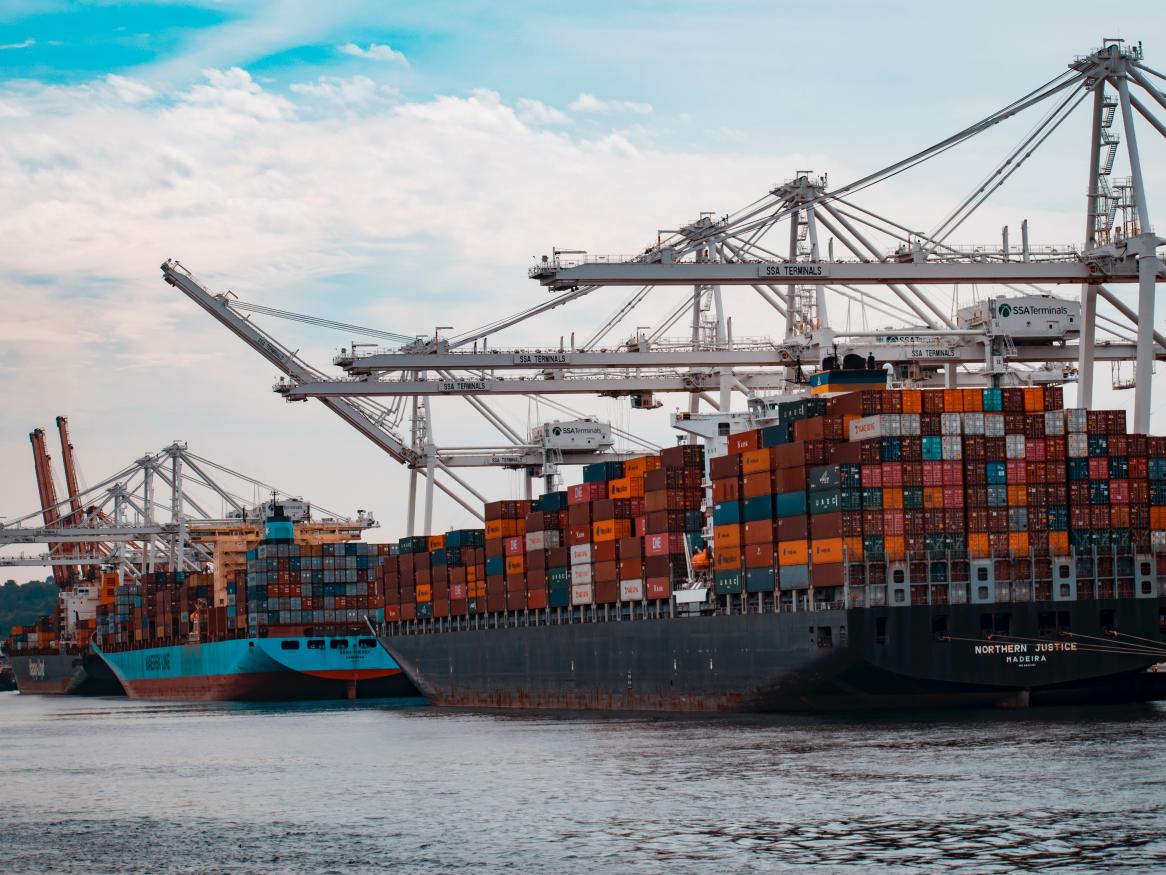
Andrew Stoler, former WTO Deputy Director-General; former Office of the United States Trade Representative senior trade negotiator; and former Executive Director of Institute for International Trade.
Now that the United Kingdom (UK) is once again pursuing an international trade policy independently of its previous membership in the European Union (EU), the UK Government has made clear that it intends to pursue free trade agreements (FTAs) with “Anglosphere” countries (United States, Canada, Australia and New Zealand).
[Read more about Prospects for Australian free trade with a post-brexit United Kingdom]
This work is licensed under Commons Attribution-NonCommercial-NoDerivatives 4.0 International License.
IIT is a global leader in researching, analysing and commenting on International Trade.
Stay informed about our up-and-coming seminars, events, publications, awards, new projects and collaborations, and other exciting news.
